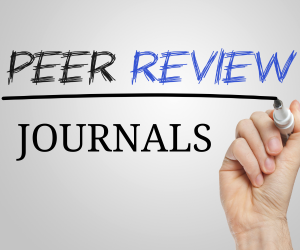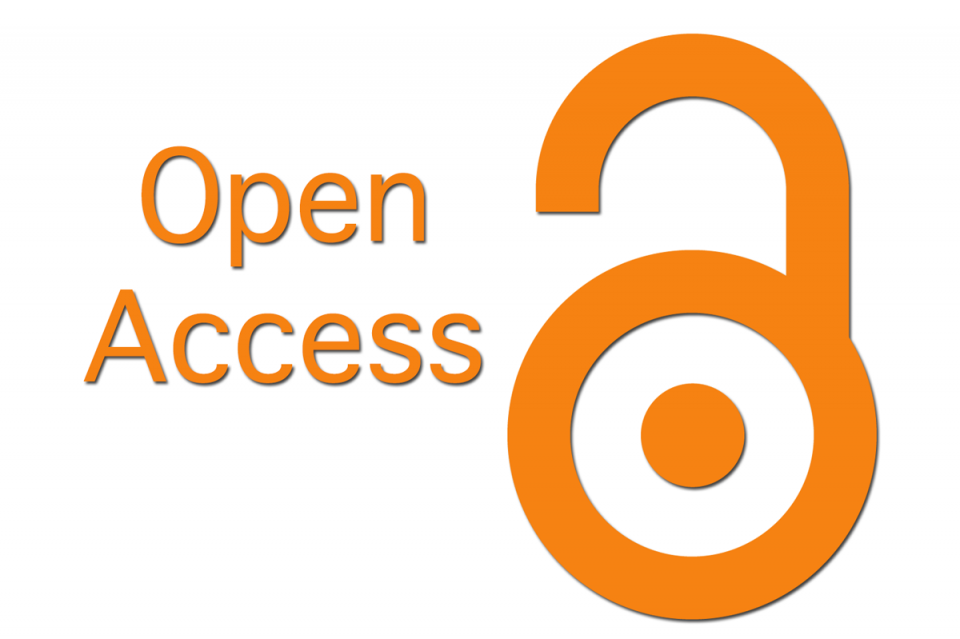PROFESSIONAL COMPETENCES OF THE RADIOGRAPHER – A CHALLENGE FOR THE HEALTHCARE SYSTEM IN BULGARIA
DOI:
https://doi.org/10.53555/nnmhs.v4i9.604Keywords:
Competence approach, professional preparedness, radiographers, training, knowledge, skills, healthcareAbstract
The competence approach applied in the education of radiographers in Bulgaria is a result of the common concept of the educational results already adopted in most developed countries in the form of professional competences viewed as“human capital indicator”. Constant changes in the conditions and the technological development in healthcare lead to the necessity to adopt new competences which correspond to the requirements and needs of the healthcare system. The term professional competence most often is associated with the presence of quality characteristics (knowledge and skills) determining the mastering of a certain profession in order to effectively solve specific tasks and issues in real-life professional environment. Modern concepts of professional competence include not only mastering of the fundaments of the chosen profession but also the possible perspectives for own personal improvement, future specialisation, professionalization and realization.
References
[Grudeva, M. “Pedagogical preparedness of healthcare personnel in the context of modern understanding of the term
“competence”. Academic magazine Management and Education, 6,
(4). Prof. Assen Zlatarov University, 2010
[Grudeva, M. “Main issues of pedagogy and andragogy”, MOOREA, 2010.
[Gyurova, V., Dermendzhieva V., Bozhilova & Varbanova “The educational process adventure. A guide for university professors”, Europress, 2006
[Miteva, Kr. “The educational process for building professional competences of medical specialists”, Sestrinsko delo: 2011, 1-2, 47-51.
[Hristova, M. et all (compilers). “Communicational competence in modern scientific discourse”. Bulvest, Sofia 2000: 2005.
[Шепер Х. Ключевые компетенции в обучении и професии, Болонский процесс: результаты обучения и компетентностный подход. Москва: 2009.
[Йегер Р. Формирование компетенции – факты, идеи, версии. Болонский процесс: результаты обучения и компетентностный подход. Москва: 2009, Федеральное агентство по образованию,www.window.edu.ru
[Cowling, Cynthia. “A global overview of the changing roles of radiographers.” Radiography, vol. 14, 2008, doi:10.1016/j.radi.2008.06.001.
[Decker, Sola, and Ron Iphofen. “Developing the profession of radiography: Making use of oral history.” Radiography, vol. 11, no. 4, 2005, pp. 262–271., doi:10.1016/j.radi.2005.01.009.
[ EFRS Survey 3. Radiographer Societies in Europe. June 2015.
[ EFRS. European Qualifications Framework (EQF) Benchmarking Document: Radiographers. Feb. 2014.
[ European Commission. Directorate-General for... 2004: European Commission. Directorate-general for education and culture. Implementation of "education and training 2010". Key competences for lifelong learning. A European reference framework, 2004.
[ Ferris, Christine, and Michelle Winslow. “Oral history in radiography: Listening to pioneers.” Radiography, vol. 15, 2009, doi:10.1016/j.radi.2009.10.011.
[ Ferris, Christine. “Specialism in radiography – a contemporary history of diagnostic radiography.” Radiography, vol. 15, 2009, doi:10.1016/j.radi.2009.10.006.
Downloads
Published
Issue
Section
License

This work is licensed under a Creative Commons Attribution 4.0 International License.
Licensing
Ninety Nine Publication publishes articles under the Creative Commons Attribution 4.0 International License (CC BY 4.0). This licensing allows for any use of the work, provided the original author(s) and source are credited, thereby facilitating the free exchange and use of research for the advancement of knowledge.
Detailed Licensing Terms
Attribution (BY): Users must give appropriate credit, provide a link to the license, and indicate if changes were made. Users may do so in any reasonable manner, but not in any way that suggests the licensor endorses them or their use.
No Additional Restrictions: Users may not apply legal terms or technological measures that legally restrict others from doing anything the license permits.





